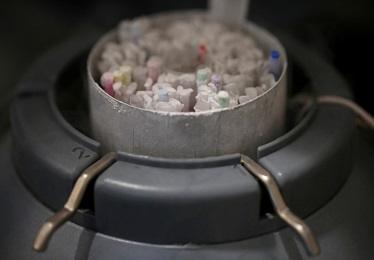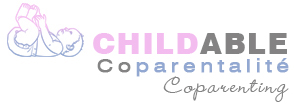The Future of Sperm Donation

Moving Toward Increased Transparency?
The landscape of sperm donation has evolved significantly over the past few decades, largely influenced by advancements in reproductive technology, shifts in societal attitudes, and changes in legal frameworks. One issue at the forefront of discussions is the level of transparency in sperm donation, especially concerning the anonymity of donors. We explores the various factors that may contribute to increased transparency in sperm donation in the near future.
The Push for Transparency
Several advocacy groups and academic researchers argue that transparency is beneficial for both donor-conceived children and their families. They suggest that knowledge of biological heritage is crucial for a child’s identity formation and psychological well-being. Moreover, access to medical history can be vital for health care.
Technological Advancements
The role of technology in shaping the future of sperm donation cannot be overstated. DNA testing services like 23andMe, Ancestry.com, and other genetic testing platforms have revolutionized the way people think about heritage and biological relationships. These technologies enable donor-conceived individuals to trace their genetic lineage with unprecedented ease, often revealing connections to biological relatives they may have been unaware of. This democratization of genetic information poses a serious challenge to the traditional models of donor anonymity. In essence, technology has made it increasingly difficult to guarantee the anonymity of sperm donors, even in jurisdictions where laws protect their identity. These technological advancements are not only making it easier for children to learn about their biological origins, but they are also forcing a rethink of the ethical and legal frameworks surrounding sperm donation. The rise of accessible genetic testing may accelerate the move toward greater transparency, compelling clinics and legal systems to adapt.
Legal Trends
Many countries are re-evaluating their laws surrounding donor anonymity. Some jurisdictions, like the United Kingdom and parts of Australia, have already moved to an open-identity system, allowing children to contact their biological parents when they reach a certain age. This trend is expected to continue, given the mounting evidence supporting the psychological benefits of such knowledge.
Ethical Considerations
The move toward greater transparency in sperm donation brings with it a host of ethical questions that are complex and often polarizing. On one hand, there’s a growing consensus that donor-conceived children have a right to know their biological origins. This right is often framed in terms of psychological well-being, identity formation, and access to medical history. On the other hand, there’s the ethical principle of respecting the donor’s right to anonymity, especially if the donor was promised such anonymity at the time of donation. Striking a balance between these conflicting rights is challenging and raises questions about how to manage older sperm banks where donors were guaranteed anonymity. Additionally, the capability of technology to easily reveal biological heritage, regardless of any prior agreement or law, complicates ethical considerations further. Given the sensitive nature of these issues, any movement toward increased transparency will likely require nuanced, multi-faceted solutions that take into account the ethical implications for all parties involved.
Psychological Aspects
The psychological aspects of sperm donation, particularly regarding the emotional well-being of donor-conceived children, are increasingly recognized as a critical factor in discussions about transparency. A growing body of research suggests that knowing one’s biological origins can be essential for healthy identity formation. Children who are made aware of their donor-conceived status, ideally at an age-appropriate time, often report a more secure sense of self and a more nuanced understanding of family dynamics. The secrecy or lack of information, on the other hand, can lead to feelings of confusion, isolation, or inadequacy, especially during the formative teenage years. Furthermore, the capability to access genetic health information can provide essential data for both immediate medical concerns and long-term health planning. Therefore, as conversations around the ethics and logistics of sperm donation evolve, the psychological well-being of the donor-conceived individuals is increasingly becoming a focal point, adding another layer of complexity to the push for greater transparency.
Societal Attitudes
Changes in societal attitudes are playing a crucial role in shaping the future of sperm donation. As public perception becomes more accepting of assisted reproductive technologies, the stigma around non-traditional conception methods, like sperm donation, is diminishing. This shift is significant because societal acceptance can greatly influence legislative changes that might favor increased transparency. In cultures where there’s a high level of acceptance, discussions about the ethical implications of donor anonymity and the rights of donor-conceived children to know their biological origins are taking place more openly. Social media platforms and popular culture are also contributing to this change by facilitating dialogues and disseminating stories that challenge traditional views on family structure and conception. As society becomes more open to different forms of family-building, we can expect an increase in support for measures that bring greater openness and transparency to the sperm donation process.
As technology advances and societal attitudes evolve
, it seems likely that the world is moving toward increased transparency in sperm donation. While challenges remain, particularly concerning ethical and legal issues, the benefits for donor-conceived children and their families make it a change worth considering.
